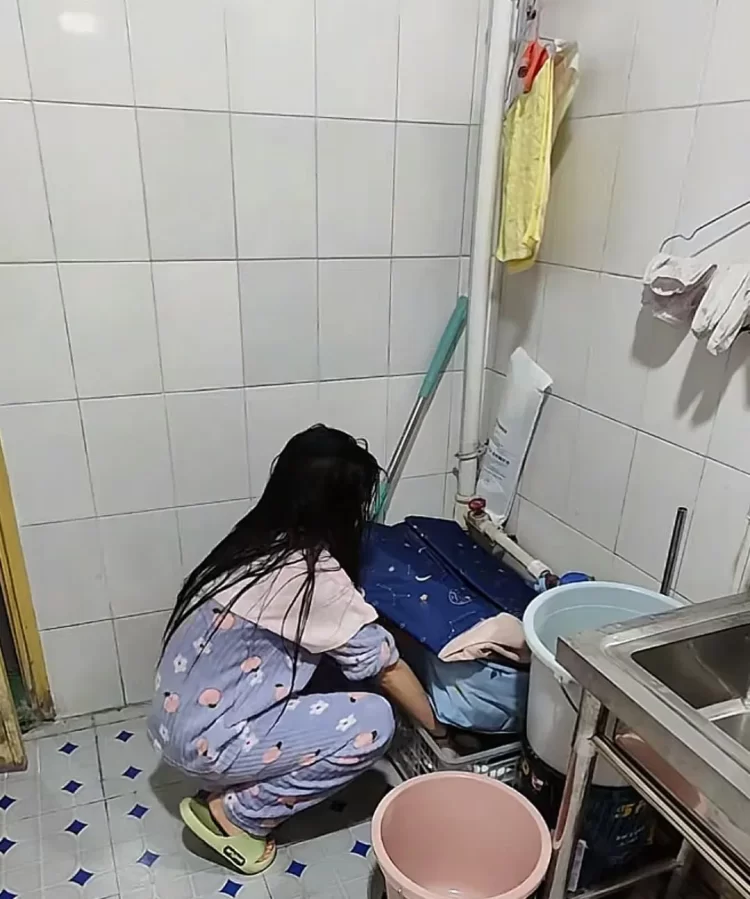40-year-old Julia Abdullah, from Malaysia, was obsessed with her self-cleaning rituals. Her bizarre behavior started 20 years ago, but it gradually got worse to the point where she was washing her hands up to 300 times a day, spending 5 hours in the shower and shampooing her hair 25 times per day.
Julia first noticed something was amiss two decades ago. She was working as a laboratory technician, and often handled urine and stool culture samples, as well as blood samples for HIV tests. She started spending increasingly more time on washing her hands, for fear of contamination, and although she suspected she had developed OCD (Obsessive Compulsive Disorder), she didn’t seek help. “I thought I could will myself off the washing,” Julia remembers, but her condition only got worse. She eventually lost her job as her obsession caused her to be constantly late for work, and needed to find other ways to pay her rapidly increasing house utility bills. At one point the woman became so desperate that she started scavenging through her neighbors’ trash looking for stuff she could sell. In a short period of time she amassed a collection of junk that occupied the two-room flat she shared with her mom. The hoarding got so bad that her mother had to sleep at the stairwell as there was no ventilation or natural light in the flat. “It finally got too much for me to bear. I got so angry that I stopped bathing for three months,” Ms Julia told the Malaysia Chronicle, but her obsessive-washing habits were hardly cured.

“I called the Singapore Association for Mental Health (SAMH) hotline in 2009. I was almost driven to the point of suicide,” Julia Abdullah says, and they helped her get life back on track. Only her condition worsened a year later, after she missed some of her treatment appointments. She was again going through two bottles of shampoo and 21 bars of soap per day. She was so exhausted that she didn’t have the time or energy for anything else. Luckily, her SAMH counsellors intervened and admitted her to the Institute of Mental Health,for 22 days. Now Julia Abdullah says she has regained control of her life, but agreed to tell of her struggle in a photography exhibition called Picture My World, which is organised by IMH to raise awareness of mental illness, as part of its World Mental Health Day activities.






